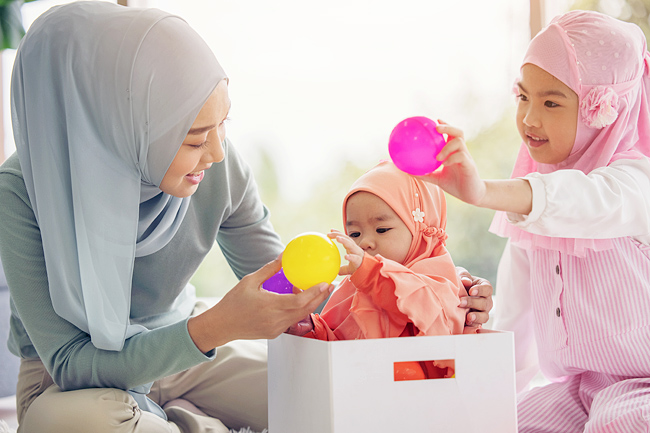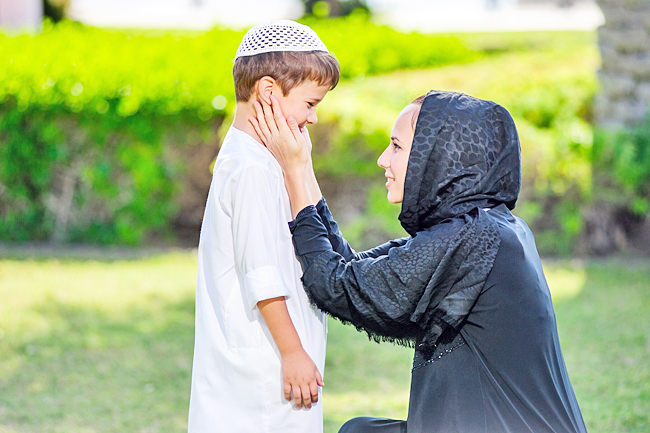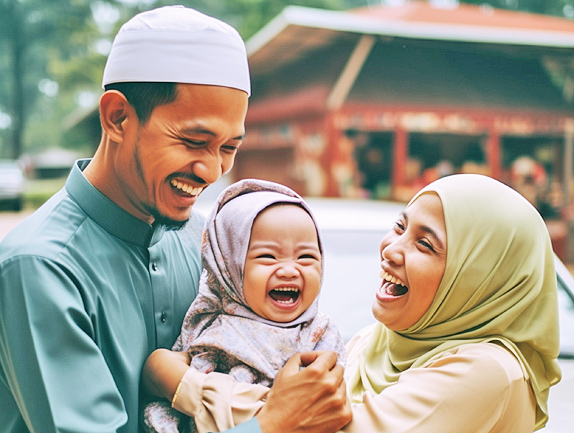THE WASHINGTON POST – In the paediatric world, we’ve worried a great deal about what we call ACEs, or adverse childhood experiences, which can disrupt children’s lives and get in the way of the safe and stable nurturing relationships they need. Research has shown us the long shadows that early adversity can cast over health and mental health.
But more recently, the relatively newer science of PCEs, or positive childhood experiences, has reframed the discussion, and helped balance out our understanding of how children grow, and the power of parents and caregivers to help them, even in tough times.
A study published in the journal JAMA Paediatrics in 2019 examined the effect of these PCEs. In addition to asking about ACEs, the researchers asked 6,188 adults seven additional questions about their childhoods.
Had they been able to talk to their families about their feelings? Had they felt their families stood by them during difficult times? Had they enjoyed participating in community traditions? Did they feel a sense of belonging in high school? Were they supported by friends? Were there at least two non-parent adults who took an interest in them? Had they felt safe and protected by an adult in their home?
The risk of depression or mental health struggles dropped by 72 percent among adults who reported six or seven of the positive experiences listed above, and by 50 per cent for those reporting three to five.



Lead author Christina Bethell is a professor of child health at the Johns Hopkins Bloomberg School of Public Health where she directs the Child and Adolescent Health Measurement Initiative. And those positive experiences, Bethell said in an email, affect the nervous system of the developing child and help bolster a sense of worth and identity all through life.
“High adversity does not mean you’re doomed,” Bethell told me, pointing out that every person in a child’s life has the opportunity to help that child feel connected, safe and well.
And those nurturing relationships are what help children overcome what life throws at them. “The absence of the positive is the problem,” she said.
SMALL JOYS LIKE READING CAN MAKE A DIFFERENCE
As a paediatrician, my cause has been encouraging a very particular positive, reading aloud with young children, using checkups to encourage and support families so they start as early as possible. This programme, Reach Out and Read, now reaches 4.2 million children a year, offering guidance, encouragement, modelling and books.
When I see an infant or a toddler, happy in a parent’s lap, going back and forth over a book with babble or gestures or words – well, something in me feels that child is going to be okay. It’s language and early literacy, but most of all it’s being held and attended to, because for young children, learning and development happen through relationships and interactions.
I was excited to see a study, published in June, that looked at more than 10,000 young adolescents in the United States and found those whose parents reported that they had started reading for pleasure at an early age had better cognitive performance, increased brain cortical areas and better mental health in adolescence than children who had started reading for pleasure later – or never started.
The study, conducted by researchers from the universities of Cambridge and Warwick in Britain and Fudan University in China, involved brain scans, cognitive test scores and measures of academic performance, as well as mental health symptoms and behavioral problems.
One of the authors, Barbara Sahakian, a clinical psychologist who is a professor of clinical neuropsychology at the University of Cambridge department of psychiatry, said in an email that the size and design of the study allowed them to control for confounding factors, and the types of analysis involved made it possible to suggest a probably causal relationship.
“We found that the effects of reading for pleasure in early childhood were beneficial for adolescents regardless of family socio-economic status, family income and parental education.” – Perri Klass






